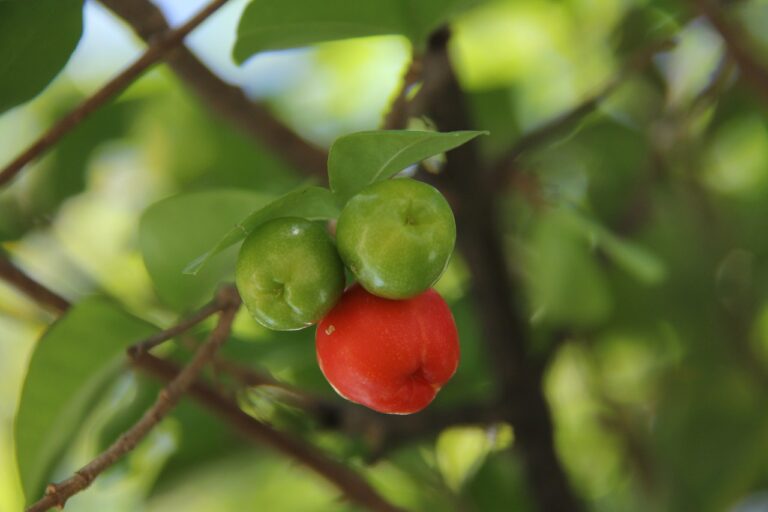Investigating the potential of fruit pulp and puree in sustainable food systems: Bet bhai, Cricket bet 99, Diamondexch9
bet bhai, cricket bet 99, diamondexch9: Investigating the potential of fruit pulp and puree in sustainable food systems
As the world grapples with the challenge of feeding a growing population while also ensuring sustainability, innovative solutions are needed to address the issues surrounding food production and consumption. One potential solution that is gaining traction in the food industry is the use of fruit pulp and puree in sustainable food systems.
Fruit pulp and puree refer to the fibrous and pulpy part of fruits that have been processed and strained to remove seeds, skin, and other non-edible parts. These products are often used in the production of juices, jams, sauces, and other food products. However, their potential extends far beyond traditional uses, offering a range of benefits for both the environment and consumers.
In this blog post, we will explore the various ways in which fruit pulp and puree can be utilized in sustainable food systems, including their potential to reduce food waste, increase the nutritional value of products, and support local economies.
Reducing food waste
One of the most pressing issues facing the food industry today is food waste. According to the Food and Agriculture Organization of the United Nations, around one-third of all food produced for human consumption is wasted each year. This not only represents a significant loss of resources but also contributes to environmental degradation through the production and disposal of wasted food.
By using fruit pulp and puree in food production, manufacturers can help reduce food waste by utilizing parts of fruits that would otherwise be discarded. For example, fruit pulp can be used to make fruit bars, snacks, and spreads, while puree can be used in baking, smoothies, and other products. This not only reduces the amount of fruit waste generated but also adds value to products by incorporating nutritious and flavorful ingredients.
Increasing nutritional value
In addition to reducing food waste, fruit pulp and puree can also increase the nutritional value of food products. Fruits are rich in vitamins, minerals, and antioxidants that are important for maintaining good health. By incorporating fruit pulp and puree into products, manufacturers can boost the nutritional content of foods without the need for artificial additives or preservatives.
For example, adding fruit puree to yogurt can enhance its flavor and provide added vitamins and minerals. Similarly, using fruit pulp in baked goods can increase their fiber content and contribute to a healthier diet. By incorporating these ingredients into a wide range of products, manufacturers can offer consumers healthier options that align with their dietary preferences and requirements.
Supporting local economies
Another benefit of using fruit pulp and puree in sustainable food systems is the potential to support local economies. Many fruits are grown in specific regions around the world, and their production can provide important income and employment opportunities for local communities. By sourcing fruit pulp and puree from local suppliers, manufacturers can help support these economies and promote sustainable agriculture practices.
Additionally, using locally sourced ingredients can reduce the carbon footprint of food production by minimizing the distance that ingredients need to travel from farm to factory. This not only reduces transportation costs but also helps to lower greenhouse gas emissions and support environmental sustainability. By prioritizing local sourcing and production, manufacturers can create a more resilient and sustainable food system that benefits both producers and consumers.
In conclusion, fruit pulp and puree offer a range of benefits for sustainable food systems, including reducing food waste, increasing nutritional value, and supporting local economies. By incorporating these ingredients into a wide range of products, manufacturers can create healthier, more environmentally friendly options for consumers while also supporting the livelihoods of farmers and producers. As the food industry continues to evolve, the potential of fruit pulp and puree in sustainable food systems is likely to grow, offering new opportunities for innovation and growth.







